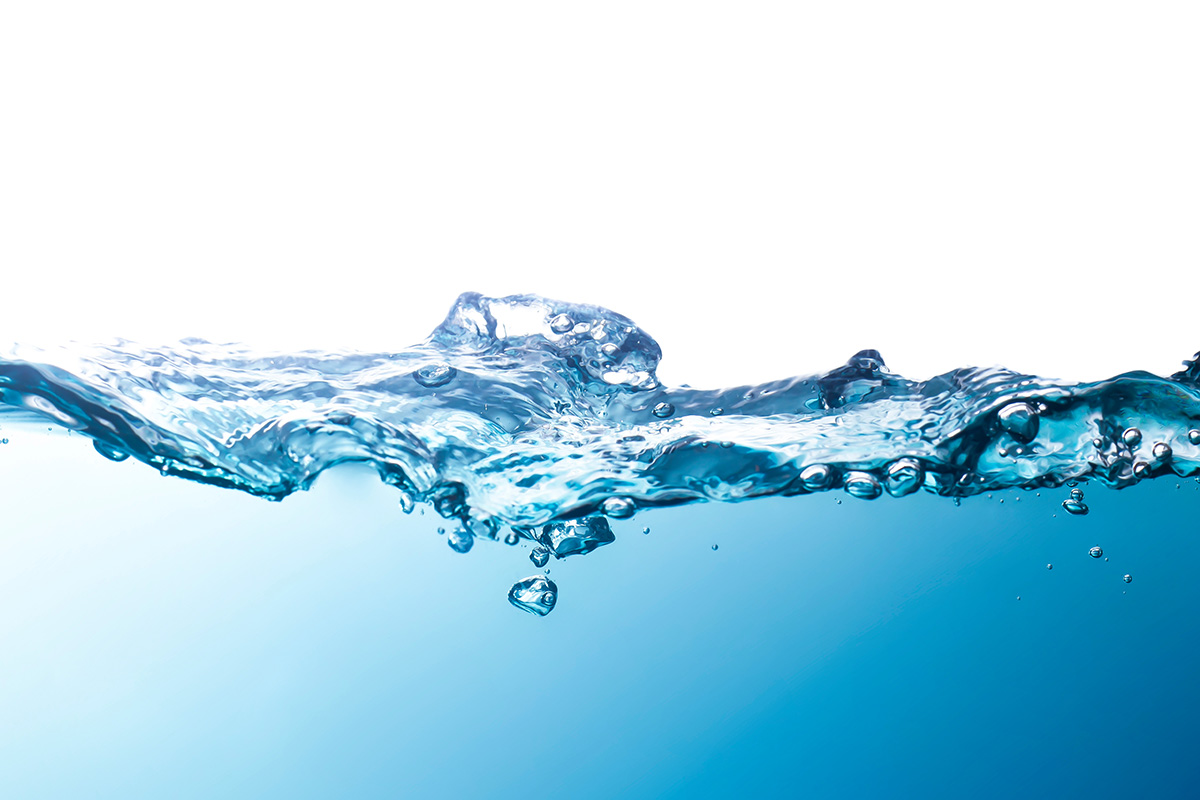When we think of someone in peak health and strength, we often hear the phrase “a body of steel,” evoking an image of invincibility and endurance. However, a more accurate description might be “a body of water.” Unlike steel, our bodies are flexible, adaptable, and, most importantly, composed mostly of water. This fluid essence is essential for survival and plays a vital role in maintaining overall health, particularly in regulating blood sugar levels.
The Essence of Hydration
Hydration is fundamental to the human body, playing a crucial role in maintaining overall health and well-being. An adult human body is made up of approximately 60% water, and this percentage is even higher in infants (15). Water is essential for nearly every bodily function, from regulating temperature and lubricating joints to aiding digestion and transporting nutrients or waste. Proper hydration ensures that cells function optimally, supports cognitive performance, and helps maintain energy levels.
Without adequate water intake, the body can experience dehydration, leading to symptoms such as fatigue, headaches, and impaired concentration. Chronic dehydration can contribute to more severe health issues, including kidney stones and urinary tract infections. Often, we don’t even realize how dehydrated we actually are.
Hydration and Blood Sugar Control
For individuals managing blood sugar, hydration plays an even more significant role. Here’s why:
- Regulating Blood Volume: Water helps maintain blood volume, which is essential for the effective circulation of sugar and insulin. Proper hydration ensures blood remains at an optimal volume, facilitating the transport of glucose and insulin to cells, thereby aiding in the regulation of blood sugar levels.
- Kidney Function: Adequate hydration is vital for kidney health. The kidneys filter excess sugar from the blood, and sufficient water intake supports this filtration process. Proper hydration reduces the risk of kidney stones and other renal complications by diluting substances in urine that can form stones.
- Cellular Uptake: Water is necessary for cells to absorb glucose and produce energy. Staying hydrated helps cells maintain their proper size and shape, which is important for efficient functioning. Proper hydration ensures that cells can efficiently take up glucose and convert it into energy, supporting overall metabolic health. When cells are hydrated, they perform their functions, such as turning food into energy, more effectively. Without enough water, cells can shrink and become less effective, which can impact metabolism, energy production, and overall health.
- Appetite Control: Thirst is often mistaken for hunger, leading to overeating and subsequent spikes in blood sugar levels. Drinking water can help distinguish between hunger and thirst, aiding in better appetite control and preventing unnecessary calorie intake.
- Waste Removal: Proper hydration helps the kidneys filter waste from the bloodstream and eliminate it through urine. Water is necessary for the kidneys to effectively dilute and remove toxins and waste products. Without sufficient water, the kidneys may struggle to flush out waste, potentially leading to the buildup of harmful substances in the body.
- Lymph Movement: Lymph is a fluid that carries immune cells and helps remove waste, bacteria, and toxins from tissues. Staying hydrated supports the movement of lymph fluid through the lymphatic system, which relies on fluid balance to circulate. Water ensures the lymph fluid remains at the right consistency and volume, making it easier for the lymphatic system to drain and filter out waste. Adequate hydration also helps maintain the health of lymphatic vessels, ensuring the efficient transport of immune cells and waste removal.
Staying Hydrated: Tips and Tricks
- Start Your Day with Water: Try drinking 8 ounces of water within 30 minutes of waking up to kickstart your day.
- Eat Water-Rich Foods: Incorporate fruits and vegetables like cucumbers, oranges, and watermelon into your diet. These foods not only help with hydration but also provide essential nutrients called phytochemicals. Phytochemicals can help protect cells from damage, regulate hormonal functions, support healthy inflammatory responses, and promote heart health (14).
- Monitor Your Intake: Set a daily water intake goal that aligns with your individual needs. A good starting point is the general guideline of drinking at least eight 8-ounce glasses of water a day. Adjust your intake based on factors such as activity level, climate, and personal health conditions.
- Limit Dehydrating Fluids: Beverages containing caffeine and alcohol can contribute to dehydration. Try to limit or replace them with more hydrating alternatives.
Sending Health Your Way!
The Tula Clinical Team
Reviewed by:
Aubree RN, BSN
Austin MS, RDN, CSR, LDN, CD
Tula Takeaways |
|---|
| 1. Where to Start: Drinking 8 ounces of water within 30 minutes of waking up can give you a head start on your hydration for the day. The U.S. National Academies of Sciences, Engineering, and Medicine recommends the following adequate daily fluid intake: • About 15.5 cups of fluid per day for men • About 11.5 cups of fluid per day for women |
| 2. Got Water? While the allure of a “body of steel” is strong, it’s the “body of water” that truly sustains us. By prioritizing hydration, we not only support our overall health but also empower our bodies to manage blood sugar more effectively. |
| 3. Look Out for Dehydrating Foods and Drinks: Try to limit caffeine, found in beverages like coffee and soda, as it can cause fluid loss. Also, avoid salty snacks and processed foods, as they can contribute to dehydration by pulling water from your cells. |
The LIVE TULA blog is informational and not medical advice. Always consult your doctor for health concerns. LIVE TULA doesn’t endorse specific tests, products, or procedures. Use the information at your own risk and check the last update date. Consult your healthcare provider for personalized advice.






